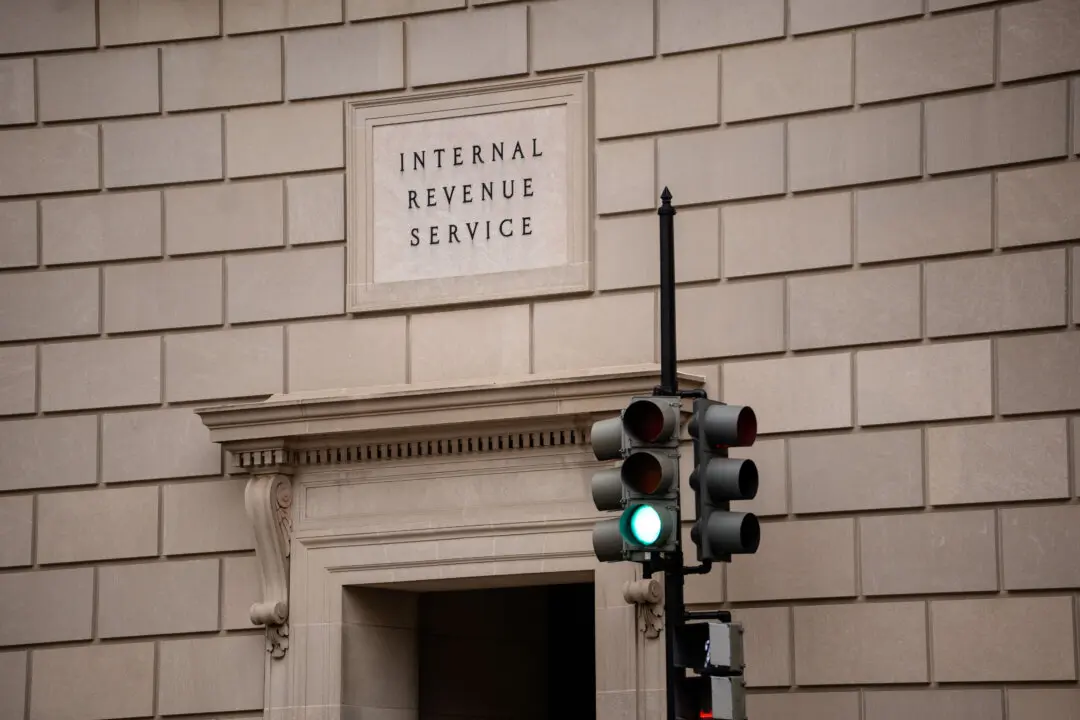Amid the fallout from the grounding of Boeing’s 737 MAX jetliner, foreign aviation regulators plan to put the U.S. plane-maker’s next production aircraft under increased scrutiny.
Multiple reports indicate that, in a sign of decreased confidence in the airworthiness certification process run by the Federal Aviation Authority (FAA), regulators from Europe and the Middle East will carry out separate reviews. That’s a break from past practice with European regulators, in particular, as the European Union Aviation Safety Agency (EASA) has relied on FAA approvals of Boeing jets and, for the most part, rubber-stamped them without its own inspections.





